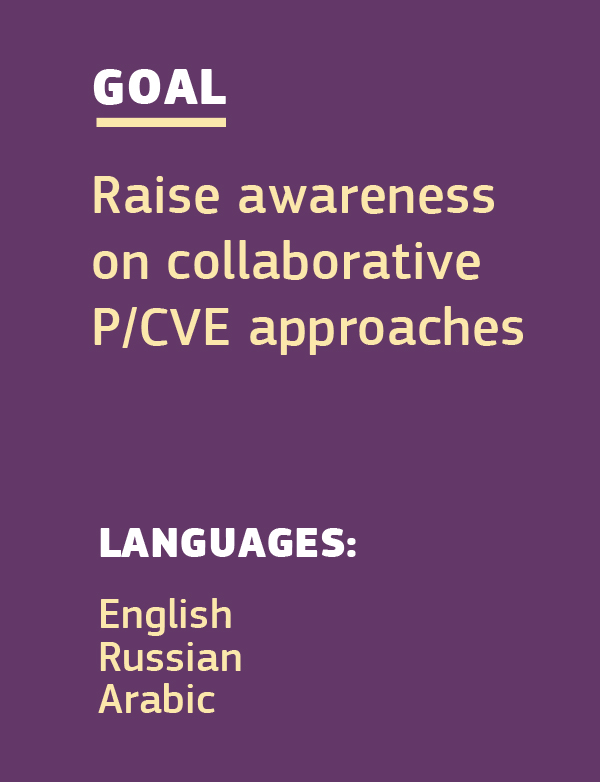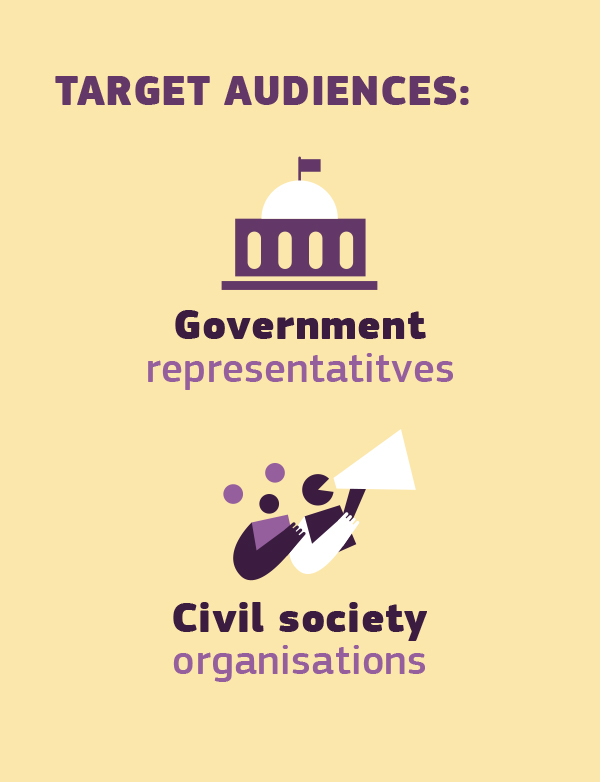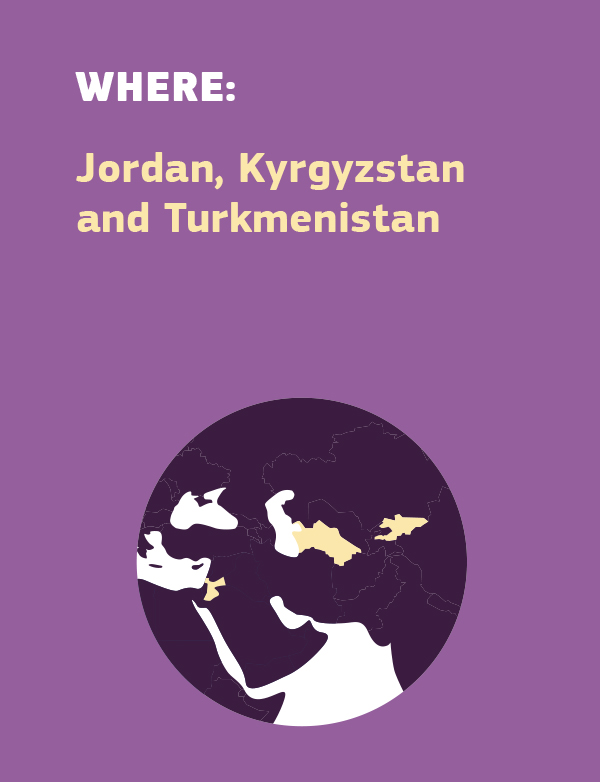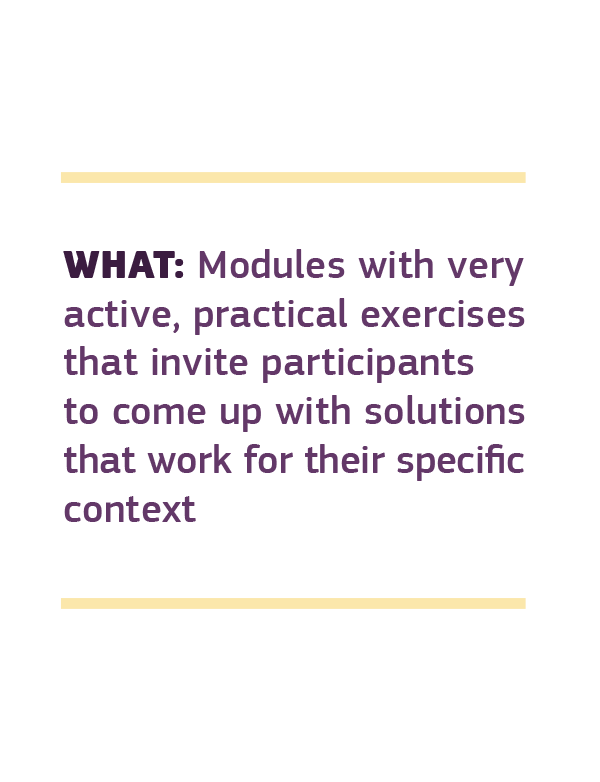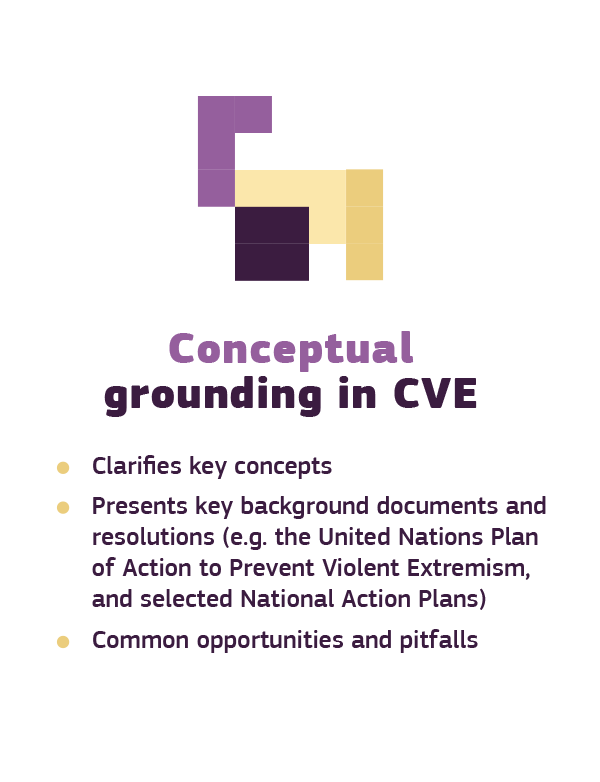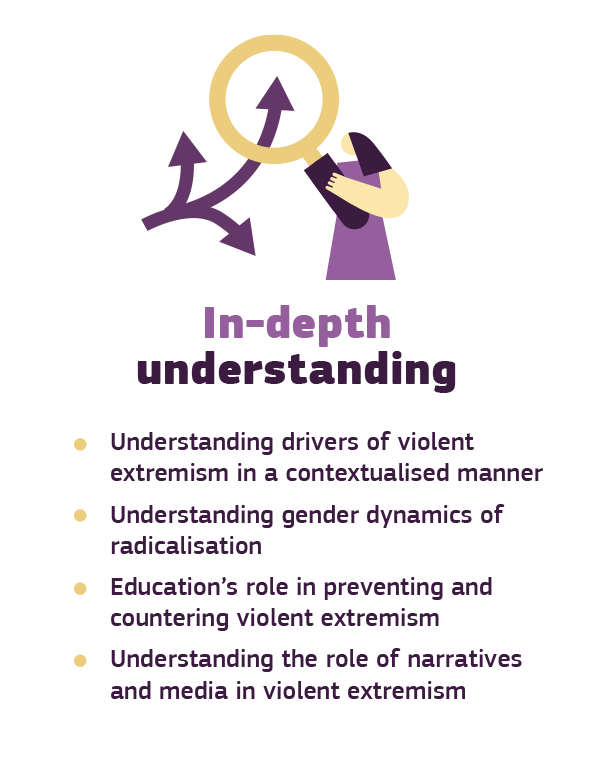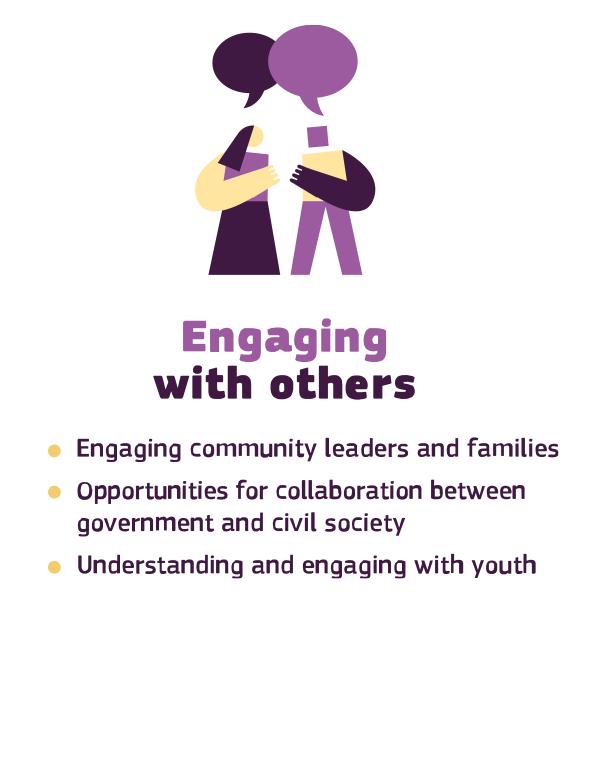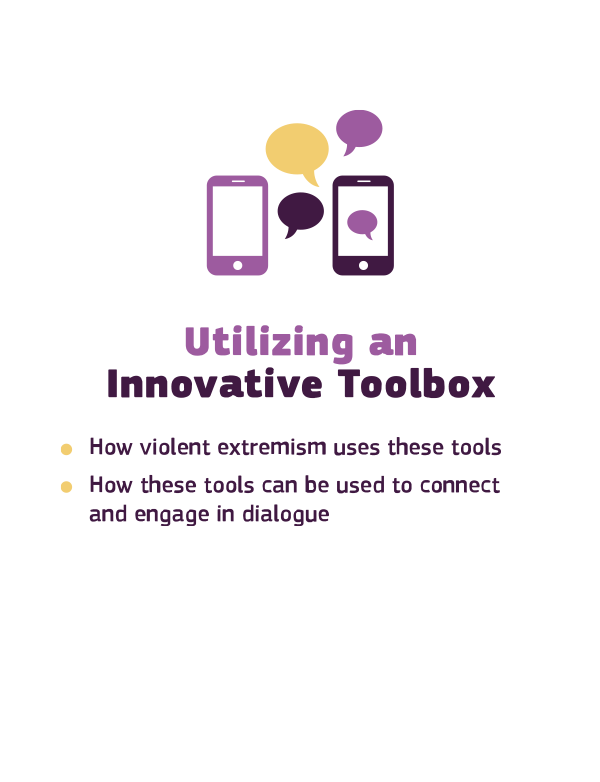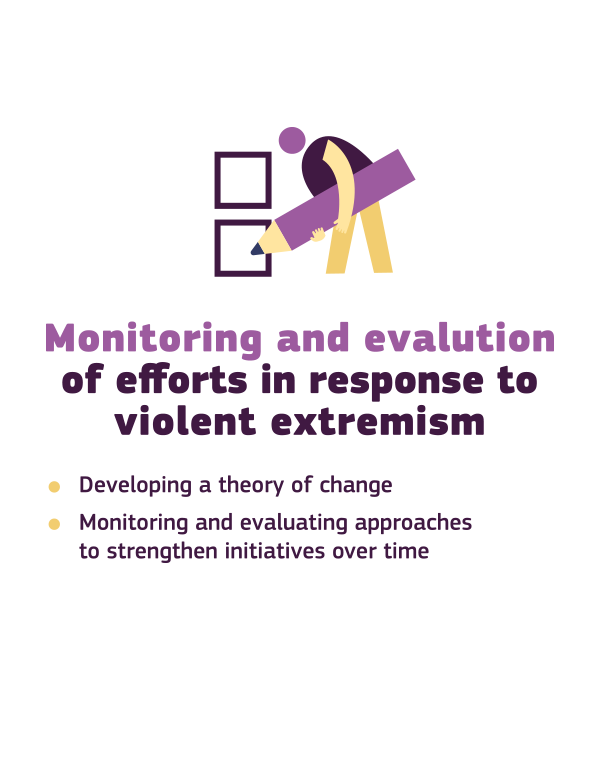New approaches
Sharing knowledge
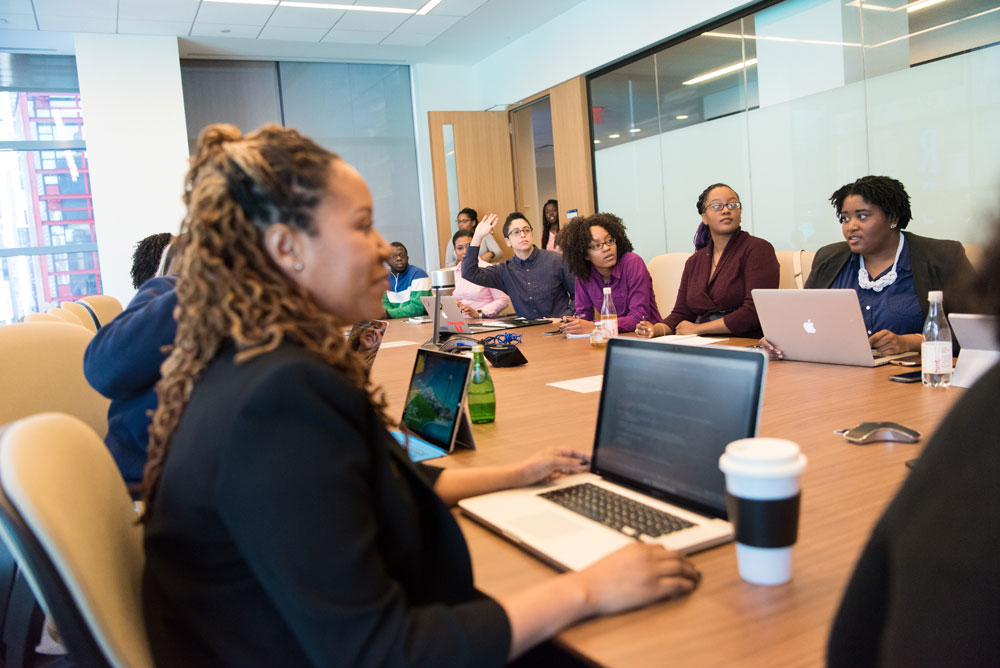
Sharing knowledge and learning from the experience of others is an essential pillar of EU-funded P/CVE programmes.
The conference hall on the outskirts of Geneva has been transformed into a melting pot, bubbling with the ideas of Preventing and Countering Violent Extremism (P/CVE) practitioners who have travelled from as far as Bangladesh, Kenya, Kosovo, Mali and Nigeria to share their insights and experience. This is the GCERF Forum, an annual learning event organised by the Global Community Engagement and Resilience Fund (GCERF), an international organisation dedicated to preventing violent extremism. The forum’s agenda changes each year, but the mission remains the same: to share lessons on P/CVE from the real-world experience of those working in the field. “We were given the opportunity to discuss with an amazing group of people who are doing amazing work all over the world,” explains a participant from Kosovo. “This enables us to learn what works and what doesn’t – but also to find out, for example, that Kosovo and Mali share cultural similarities that I would have never expected.”
Sharing knowledge and learning from the experience of others is an essential pillar of EU-funded programmes like STRIVE Global GCERF. Other initiatives also aim to grow the knowledge base on P/CVE through cross-regional knowledge sharing sessions, such as those organised between the UNDP Thailand Country Office and the Bangladesh Peace Observatory, or UNDP Thailand’s regional knowledge exchange on sustaining peace and building social cohesion. In the same spirit, both STRIVE Horn of Africa and STRIVE Kenya have published ‘lessons learned’ reports, looking at what went well in the programmes and where improvements could be made. They can serve as an inspiration for other practitioners to ensure future interventions are built on success.
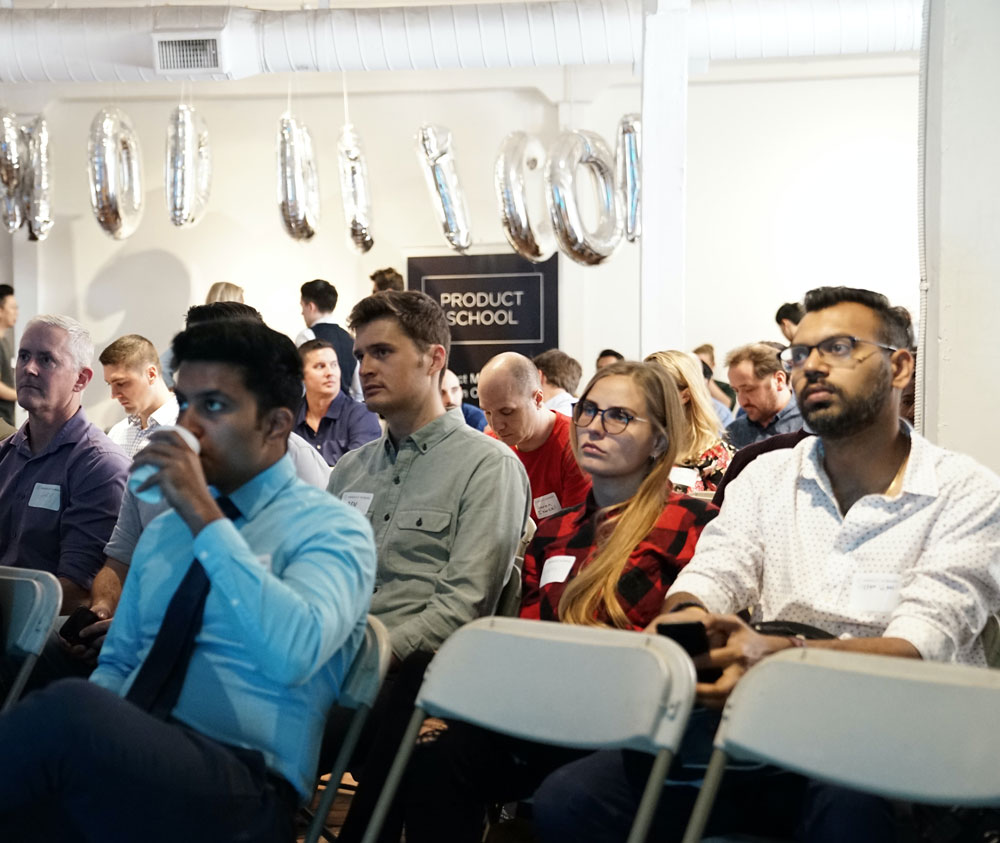
GCERF’s commitment to knowledge exchange extends right across the countries where it is active: at a national level, twice-yearly Communities of Practice (CoPs) bring together local grantees with representatives of government, donors, civil society organisations and the private sector to discuss current issues and activities. Topics on the agenda can range from methods to measure programme results, gender mainstreaming, or communication of alternative narratives. “It’s an opportunity for shared learning and to build stronger connections between the actors involved in this work,” remarks Kevin Osborne, Country Manager at GCERF. And these connections last far beyond the day of the physical meeting: in Kenya, for example, CoP participants have formed a WhatsApp group, regularly pinging their peers with updates and relevant content.
For those working with projects on the ground, these exchanges can be invaluable. By sharing lessons learned, others can identify mistakes to avoid and can course-correct. And opportunities for collaboration can emerge when gaps are identified in knowledge or resources that others can fill. In recent months, far from being stopped in their tracks by the restrictions of the COVID-19 pandemic, local GCERF CoPs have been transformed into virtual global meetings – with the new format allowing for more frequent exchanges with more participants from all over the world, providing a sense of community for P/CVE practitioners at a challenging time.
“As P/CVE is a relatively new topic in many countries, there can be a lack of knowledge among government bodies and local NGOs.”
The curriculum has the potential to make a real impact on the ground by enhancing the capacity of grassroots organisations to get involved in P/CVE work. “When we started the STRIVE Global programme, most of the organisations we funded hadn’t previously worked on P/CVE – yet they had extensive experience working with young people, women and vulnerable groups,” explains Ms Belmonte. “They had access to communities and were trusted by them; the only thing they lacked was the specific P/CVE knowledge. By introducing them to the topic, the curriculum helps us see how their expertise can be used to prevent radicalization and violent extremism.” A fitting example of how sharing knowledge can create more knowledge by bringing local insights into the fold and bolstering P/CVE activities in the field.
HEDAYAH’S CVE
TRAINING CURRICULUM PACKAGE
